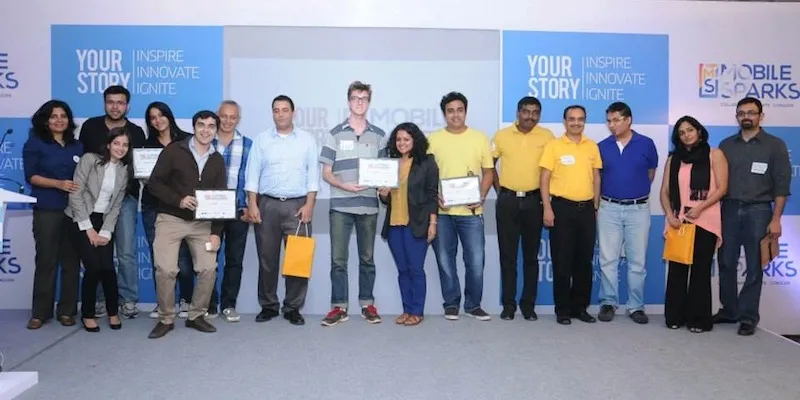Empathy for profit: Focus on 'why' more than the whats and hows
Last weekend I attended an event showcasing budding entrepreneurs and expected to hear many interesting ideas for starting new businesses and making pots of money. There was a lot of that, of course, but a recurring theme through the day was empathy. This was surprising to me, for it wasn't exactly a philanthropic gathering.
It was the annual YourStory MobileSparks conference, bringing together startups, entrepreneurs, venture capitalists, mobile technology leaders Samsung and Qualcomm, business gurus and even a contrarian cricket book author (me), all under one roof. And it was the keynote speaker, Mindtree co-founder and business book author Subroto Bagchi, who first drew my attention to the need for entrepreneurs to have oodles of empathy to be successful. Like I said, this was a tad different from the empathy in social welfare. This was empathy-for-profit.

What it means is that if you're able to put yourselves into other people's shoes, see their point of view and understand their needs and feelings, it not only makes you a warmer, more compassionate human being, but also a smarter, more successful entrepreneur. In some cases, your potential customers may not even know or articulate their needs -- but if you get into their minds, you will see new possibilities for them, thanks to the technology or product or service that you can offer. As Bagchi pointed out, Steve Jobs didn't know all the people who would use Apple's iPod, and yet he was able to empathise with a global need to find, store and play thousands of songs on a small, easy-to-use, portable device. "If you are able to decipher the unstated need, and meet it, you will have made the quantum leap... to the bleeding edge of innovation," said Bagchi.
Empathy thus became the frame of reference for me as the MobileSparks conference unfolded and one startup after another made a presentation. There was Avaz from Invention Labs, to begin with, which was straightforward enough. It identifies with therapists, parents and teachers who try to help children with autism to communicate with non-verbal cues. It's a picture-based communication app for tablets; what makes it different – and possibly empathetic – is that therapeutic requirements are built into it. Unfortunately, the short presentation focused more on how the app worked than on showing why it was so badly needed.
The next one, CultureAlley, was less obvious but in fact came out of personal experience - followed by an empathetic epiphany. One of its founders, Nishant Patni, went to work in China after his MBA from Kellog. He had to learn Mandarin quickly, and it turned out to be just as difficult as it sounds. He tried every tool and resource he could lay his hands on, but nothing eased the pain. What was most cumbersome, he found, was the boring practice, most of which involved rote-learning – that is, mugging up words, phrases and rules of grammar. Patni figured this was the same with learning any foreign language, and probably explained the high dropout rate in most online courses. What if the practice could be built into people's everyday routines, and made more contextual and less boring? After all, most of us spend hours each day browing the web, facebook and twitter. The CultureAlley app rides on that, by linking up with Twitter, and highlighting words which you can click on to look up their meanings, pronunciation and usage in Mandarin, Spanish or any other language.
Haptik, a smartphone app to help companies provide customer support for frequently asked questions and reduce the burden on call centres; MadStreetDen, enabling developers to build artificial intelligence into their apps to make machines seem more human; Mosambee, that allows retailers to accept payments from a simple card without having to link with banks; and so on... the promising mobile sparks showcased at the conference all displayed varying degrees of empathy, even if they may not have known it themselves. But an awareness of this can make the entrepreneur focus much more on why exactly people will buy into their idea.
For this website, YourStory.com, which organised the MobileSparks conference, the empathy lay in being able to relate deeply to the needs of both entrepreneurs and investors, and the joy or pain they feel. Let Bagchi have the last word on this: "The world needs love, food, a good night’s sleep, and security – not just social media or mobiles or cloud or Big Data!”







